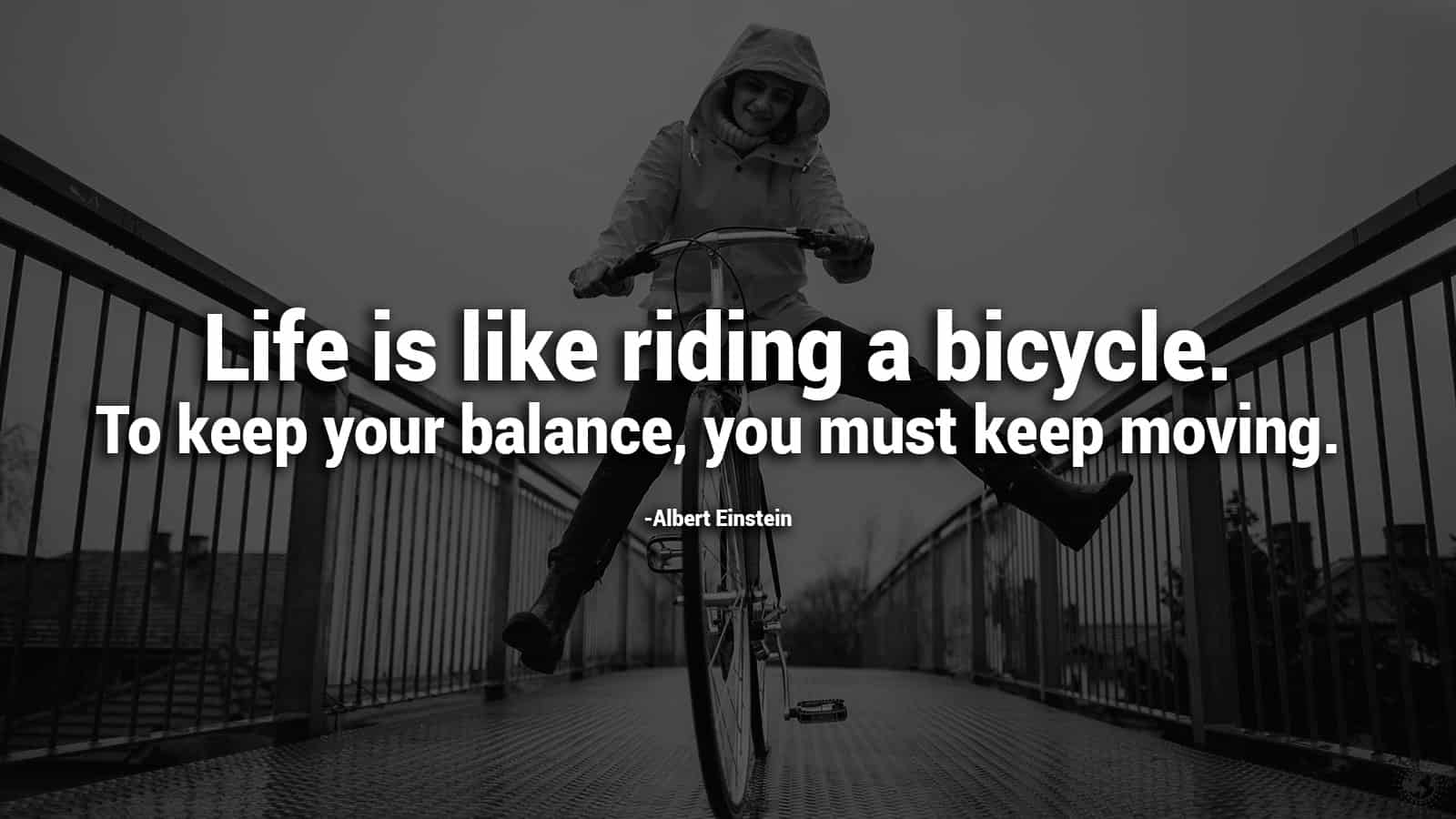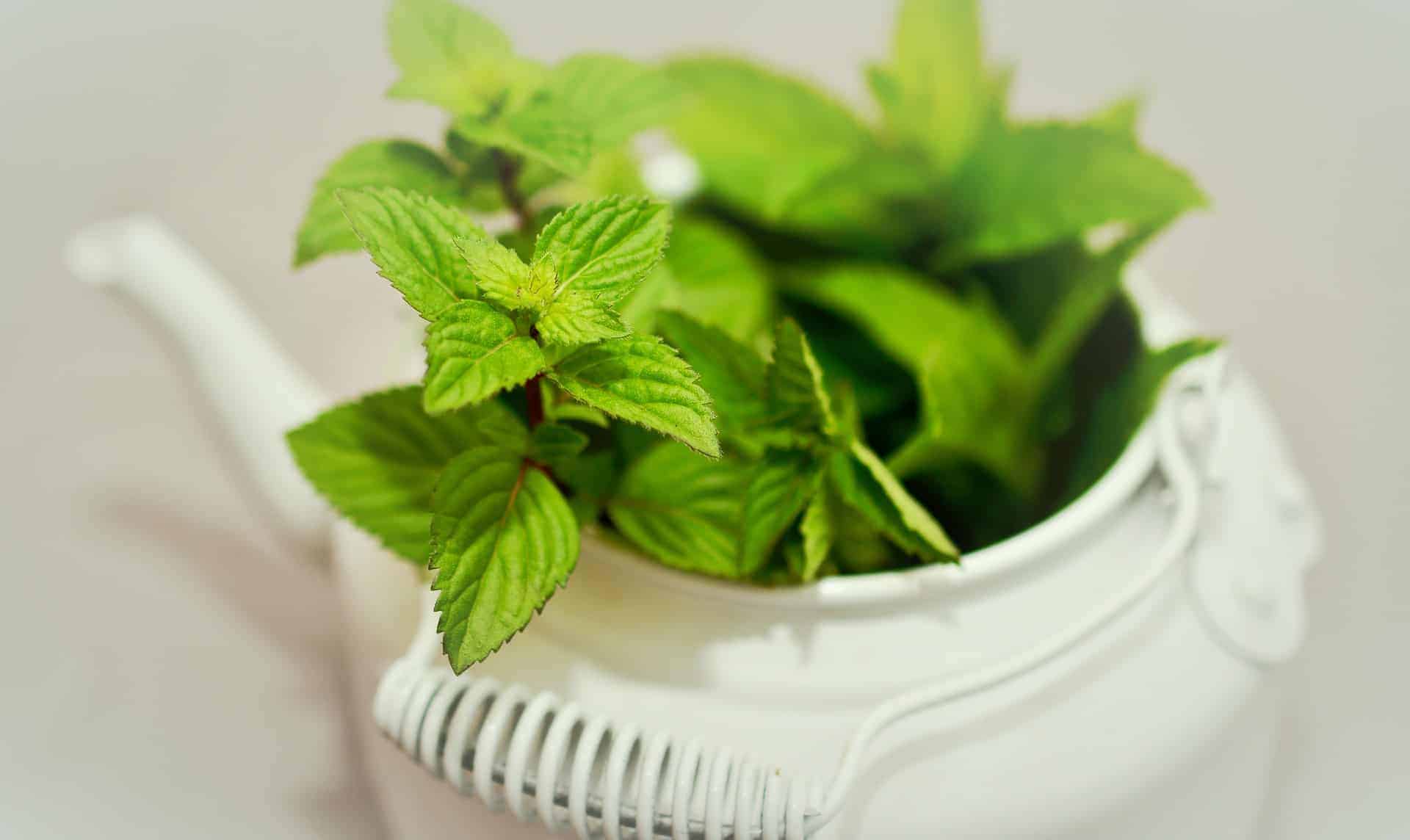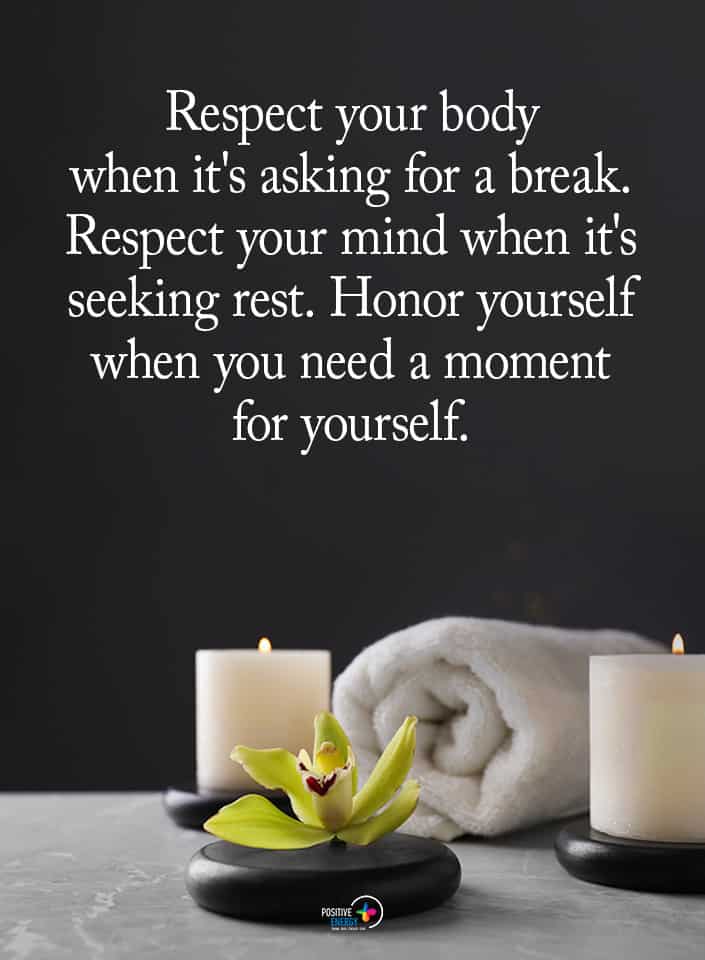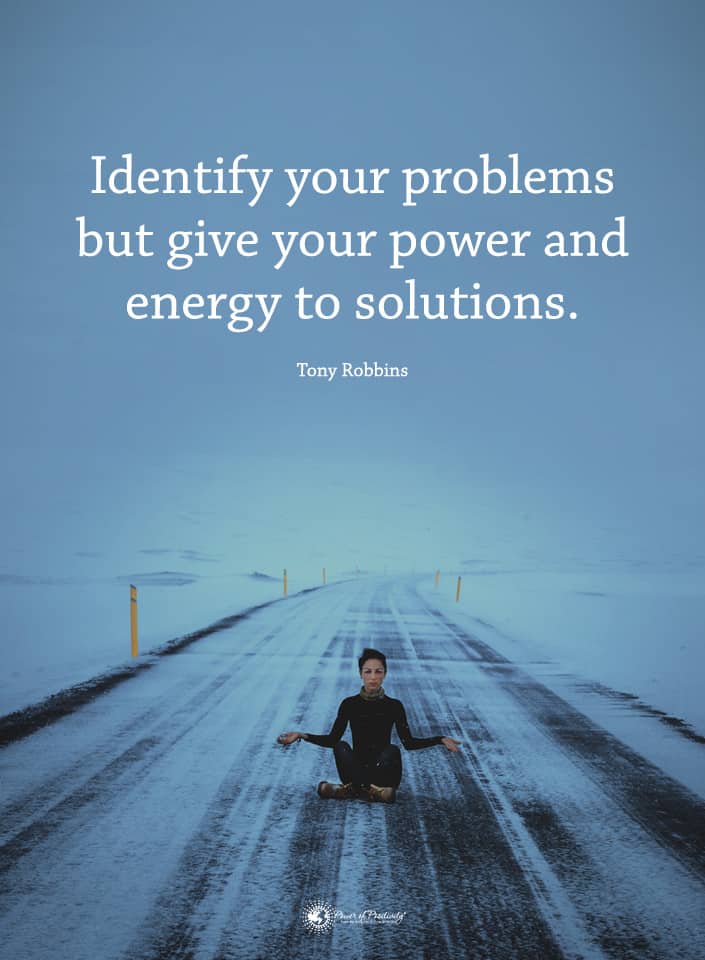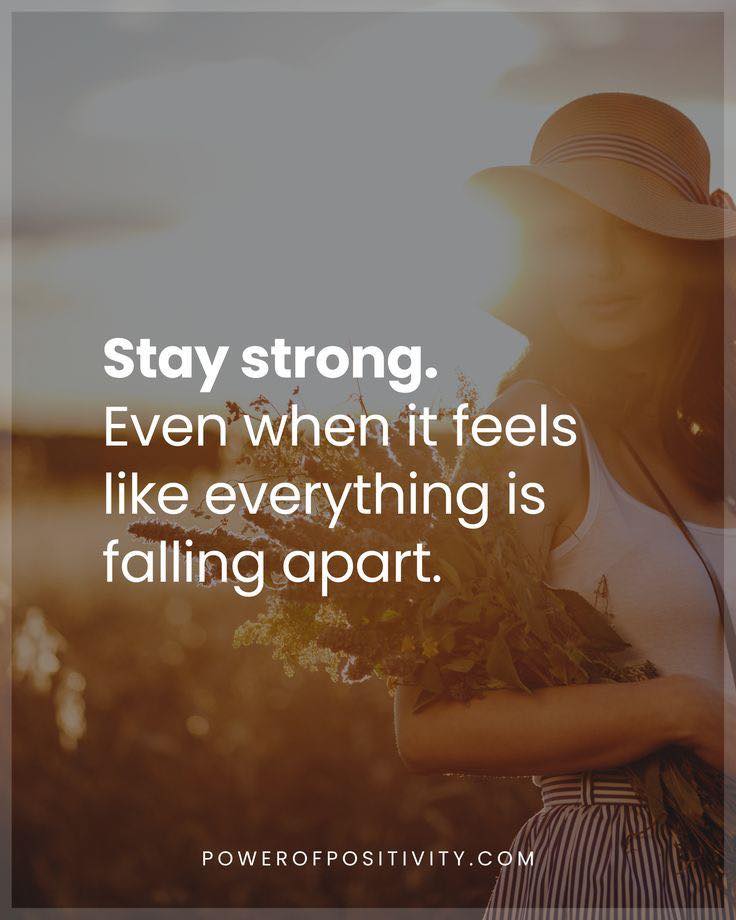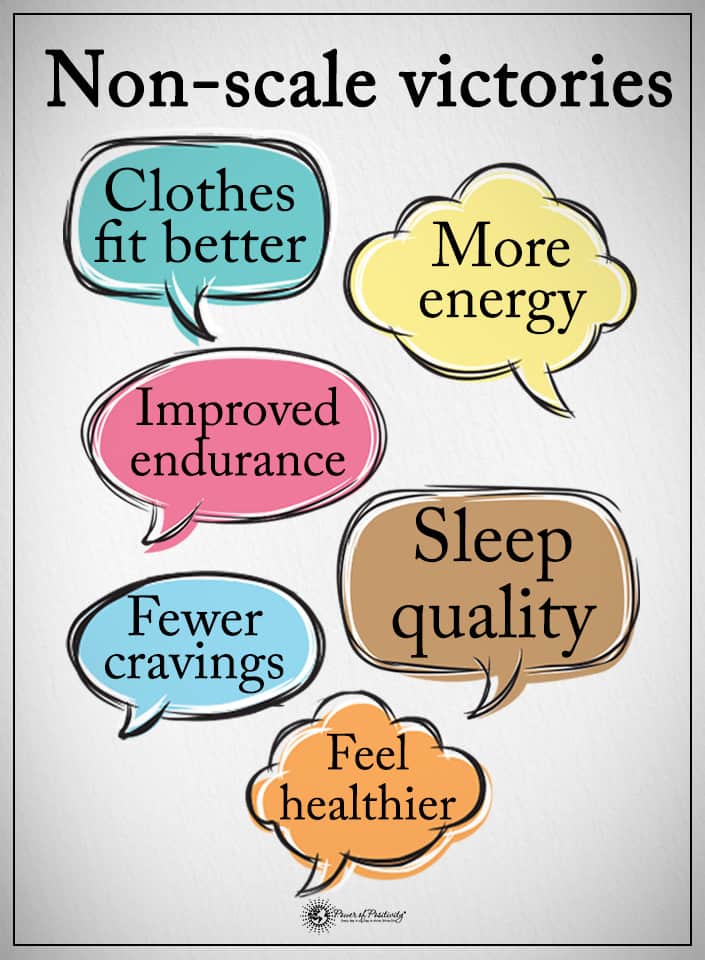Reading quotes about change can help guide you through challenging times. The key is to stay positive and remember that you will get through it.
Every change brings new opportunities and experiences. Instead of letting your fear of these changes hold you back, embrace the change so that you can grow.
You’ll never reach your goal if everything remains the same. Accept changes as they come because you never know which change will lead you to the goal. While it may be difficult, you’ll look back and be glad that you did.
It may take time to heal from the pain of change, but these quotes about change should help you cope.
20 Quotes About Change to Guide You Through Your Struggles
1. “Any change, even a change for the better, is always accompanied by drawbacks and discomforts.” – Arnold Bennett
Change is highly uncomfortable. It requires stepping outside of your comfort zone and accepting something new. It’s hard to do, but it’ll be for the better and you’ll find a new comfort zone.
2. “The changes we dread most may contain our salvation.” – Barbara Kingsolver
It’s hard to know exactly what you want until you experience something new. Remember that the next time a change occurs, because whatever happens next could be amazing.
3. “Incredible change happens in your life when you decide to take control of what you do have power over instead of craving control over what you don’t.” – Steve Maraboli
You can’t control everything in life. Rather than focus on the things that you don’t have control of, focus on what you can control. By doing this, the change will come easier and you’ll find more inner peace.
4. “You can’t go back and change the beginning, but you can start where you are and change the ending.” – C.S. Lewis
While change is hard, it’s sometimes necessary to become the person you want to be. Since you can’t change what happened in the past, make sure you change the future. Don’t stay stuck in the same place just because it’s easier.
5. “The secret of change is to focus all of your energy, not on fighting the old, but on building the new.” – Socrates
Change is going to happen no matter what you do to prevent it. Instead of fighting the inevitable, try putting that energy into making the change a beneficial one.
6. “It is not the strongest of the species that survive, nor the most intelligent, but the one most responsive to change.” – Charles Darwin
The world changes, even if the people living in it refuse to change themselves. To survive, however, you must be willing to change. It’s the only way to adapt to the world and change with it.
7. “Growth is painful. Change is painful. But nothing is as painful as staying stuck somewhere you don’t belong.” – N.R. Narayana Murthy
While it may be hard to accept a change or to decide to move on, it’ll be better in the long run. The pain of change will eventually fade, but the pain of being stuck doesn’t end unless you change. Make the change now so that you can begin to heal.
8. “It’s okay to be scared. Being scared means you’re about to do something really, really brave.” – Mandy Hale
As stated before, change is hard. It’s also terrifying. As Hale explained, it’s okay to accept that feeling, because what you will do next will be amazing.
9. “Life is about change. Sometimes it’s painful. Sometimes it’s beautiful. But most of the time, it’s both.” – Lana Lang
Without change, you’ll never experience anything new. With a change, however, you’ll meet new people, experience new things, and grow in ways you never expected. When the change is painful, remember how beautiful your future can be.
10. “We can’t be afraid of change. You may feel very secure in the pond that you are in, but if you never venture out of it, you will never know that there is such a thing as an ocean, a sea.” – C. JoyBell C.
While change is scary, you must push that fear into the back of your mind and move forward. Choosing to stay in your safe place will only hinder what you could discover.
11. “The only way to make sense out of change is to plunge into it, move with it, and join the dance.” – Alan Watts
Making the first move will be the hardest part of the change. By diving in all at once, you’re preventing yourself from turning back at the last minute. Jump in and accept what will come next.
12. “I have accepted fear as part of life – specifically the fear of change… I have gone ahead despite the pounding in the heart that says: turn back.” – Erica Jong
As scary as change is, you have to be brave and move forward despite your reluctance. Even when everything in you says to stay where you are, making a change is sometimes more important.
13. “Embrace uncertainty. Some of the most beautiful chapters in our lives won’t have a title until much later.” – Bob Goff
When things change, it means new stories are coming. Your life is still developing, and a change only brings new happiness. By embracing it, you’ll start to see the joy much sooner than if you resisted.
14. “When we least expect it, life sets us a challenge to test our courage and willingness to change; at such a moment, there is no point in pretending that nothing has happened or in saying that we are not yet ready. The challenge will not wait. Life does not look back.” – Paulo Coelho
The only way to grow and move forward in life is to make a change. When life unexpectedly offers a change, it’s important to consider taking it. The chance may never come again.
15. “I cannot say whether things will get better if we change; what I can say is they must change if they are to get better.” – Georg Christoph Lichtenberg
Nothing will get better without change. If it all stays the same, there is no opportunity for growth. So, while every change may not be great, the alternative is to have no chance for something better.
16. “Change is inevitable in life. You can either resist it and potentially get run over by it, or you can choose to cooperate with it, adapt to it, and learn how to benefit from it. When you embrace change you will begin to see it as an opportunity for growth.” – Jack Canfield
Things change whether you want them to or not. The only thing you can do to get through the change is to accept it and learn to live with it. This will help you grow, while resisting change only holds you back.
17. “We cannot become what we want by remaining what we are.” – Max DePree
If you want something better for your life, or if you want to grow in your current position, you must change some things. By refusing change, you are refusing growth. Don’t stand in your own way.
18. “Change can be frightening, and the temptation is often to resist it. But change almost always provides opportunities – to learn new things, to rethink tired processes, and to improve the way we work.” – Klaus Schwab
When one opportunity doesn’t work out, you’ll find another one on a new path. Accept the change, frightening as it may be, and do what you have to do to move forward. Learning is essential to handling change positively, so you may have to change the way you think.
19. “Some changes look negative on the surface but you will soon realize that space is being created in your life for something new to emerge.” Eckhart Tolle
With change comes a chance for new things to enter your life. If things never changed, your life would never develop beyond what it is today. The sooner you accept the change, the sooner you will see the new opportunities.
20. “Life is a series of natural and spontaneous changes. Don’t resist them; that only creates sorrow. Let reality be reality. Let things flow naturally forward in whatever way they like.” – Laozi
If you resist change, you’ll find yourself feeling sad helpless. Instead, accept what is happening and move forward with it. Each change is one step closer to where you are meant to be.
 Final Thoughts on Quotes About Change to Guide You in Challenging Times
Final Thoughts on Quotes About Change to Guide You in Challenging Times
Think of these quotes about change during the often challenging times. And if you can stay positive, you’ll get through it. Always remember that when something changes, you’ll be experiencing new situations and opportunities in your life. When you look back, you’ll be happy for all of these challenging times.
Since it’s not as easy to stay positive when you’re in the midst of a challenging time, you may need guidance. These quotes about change should help to guide you through the hard times.



